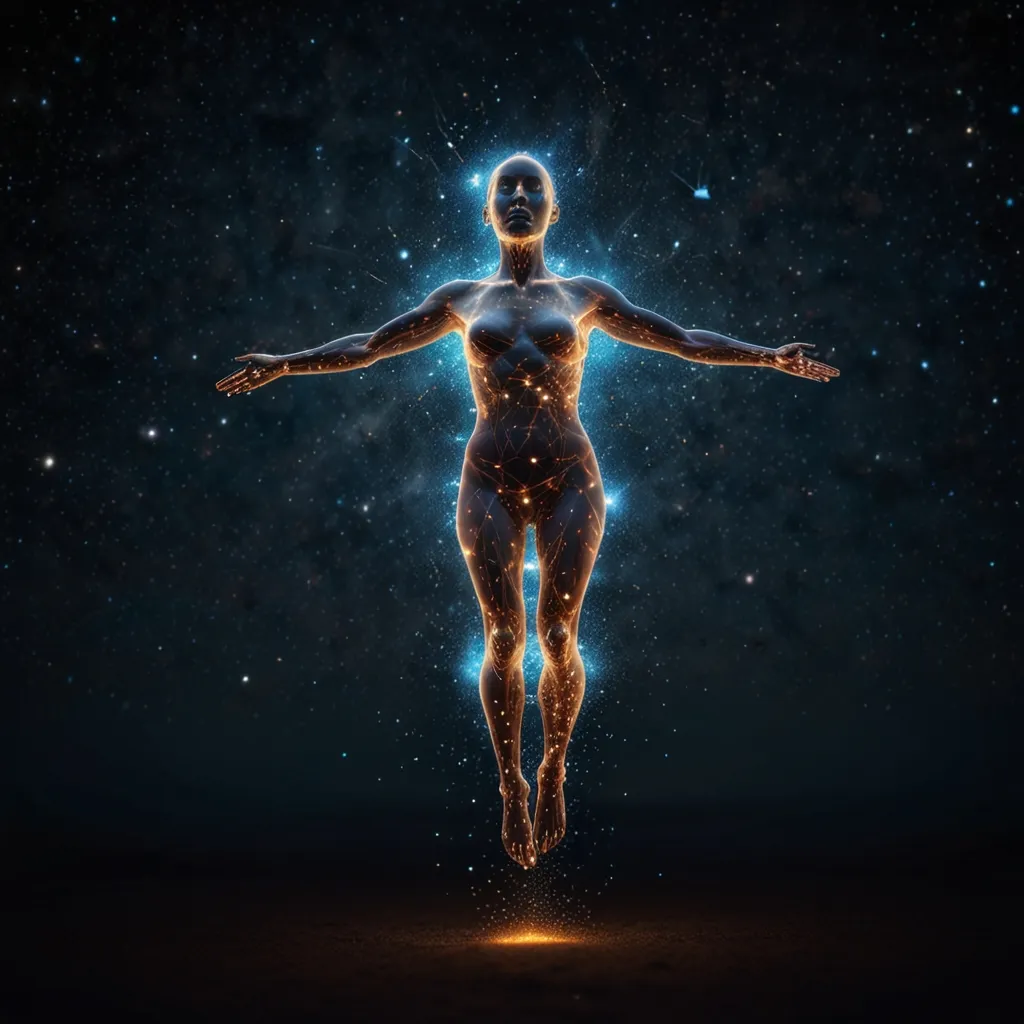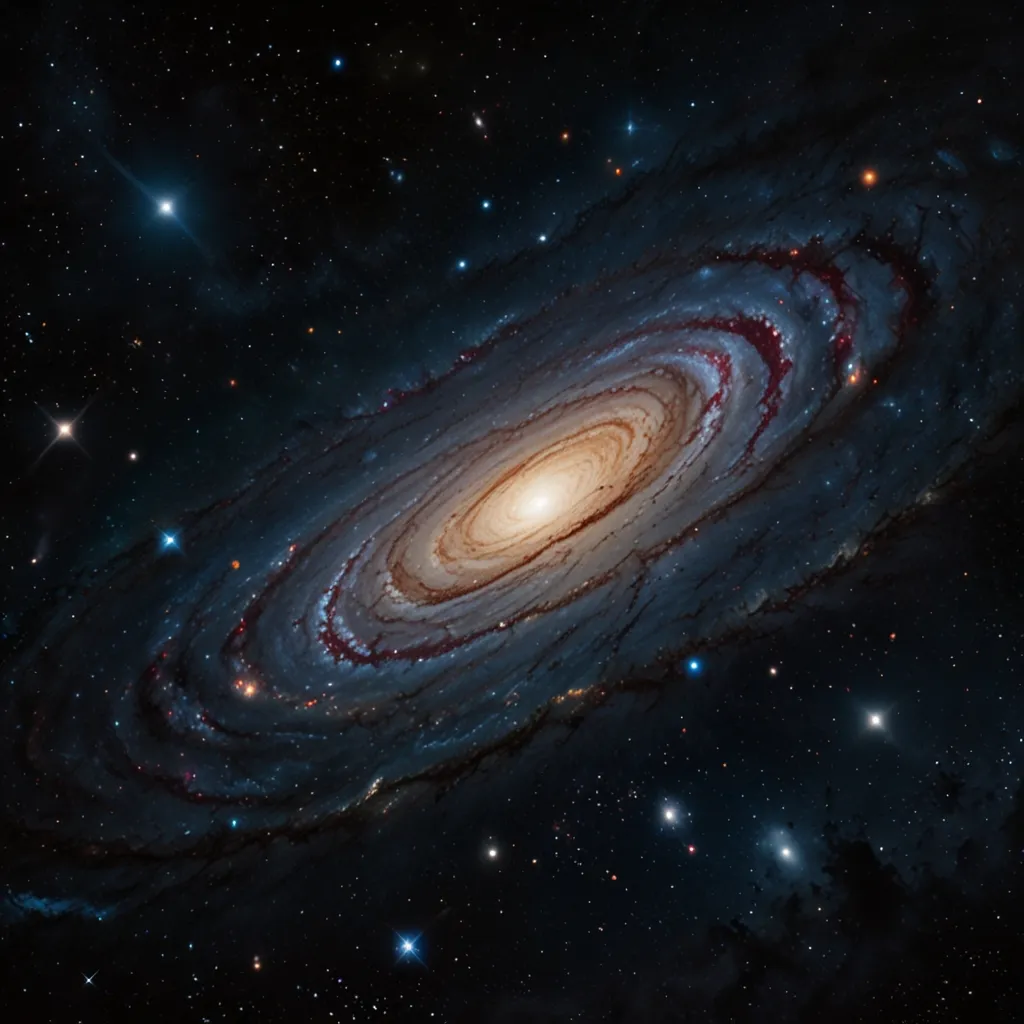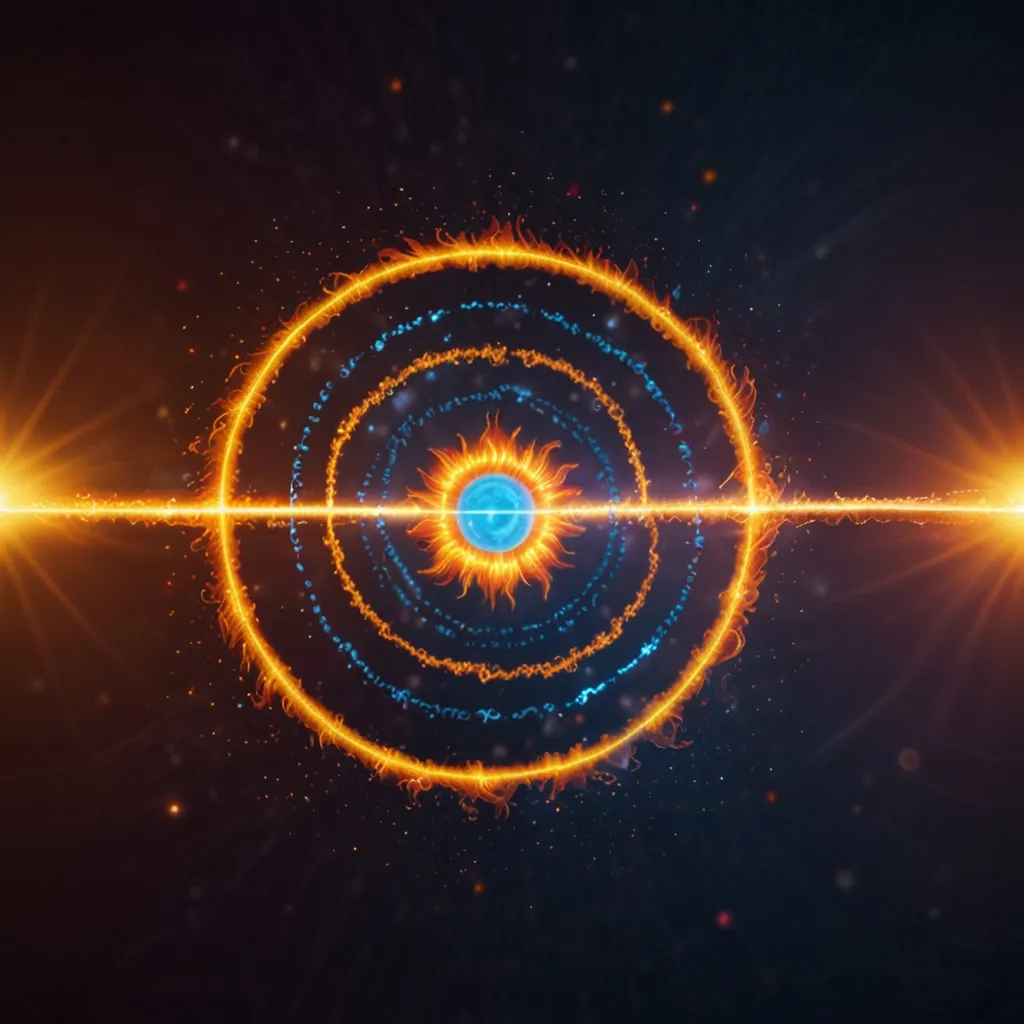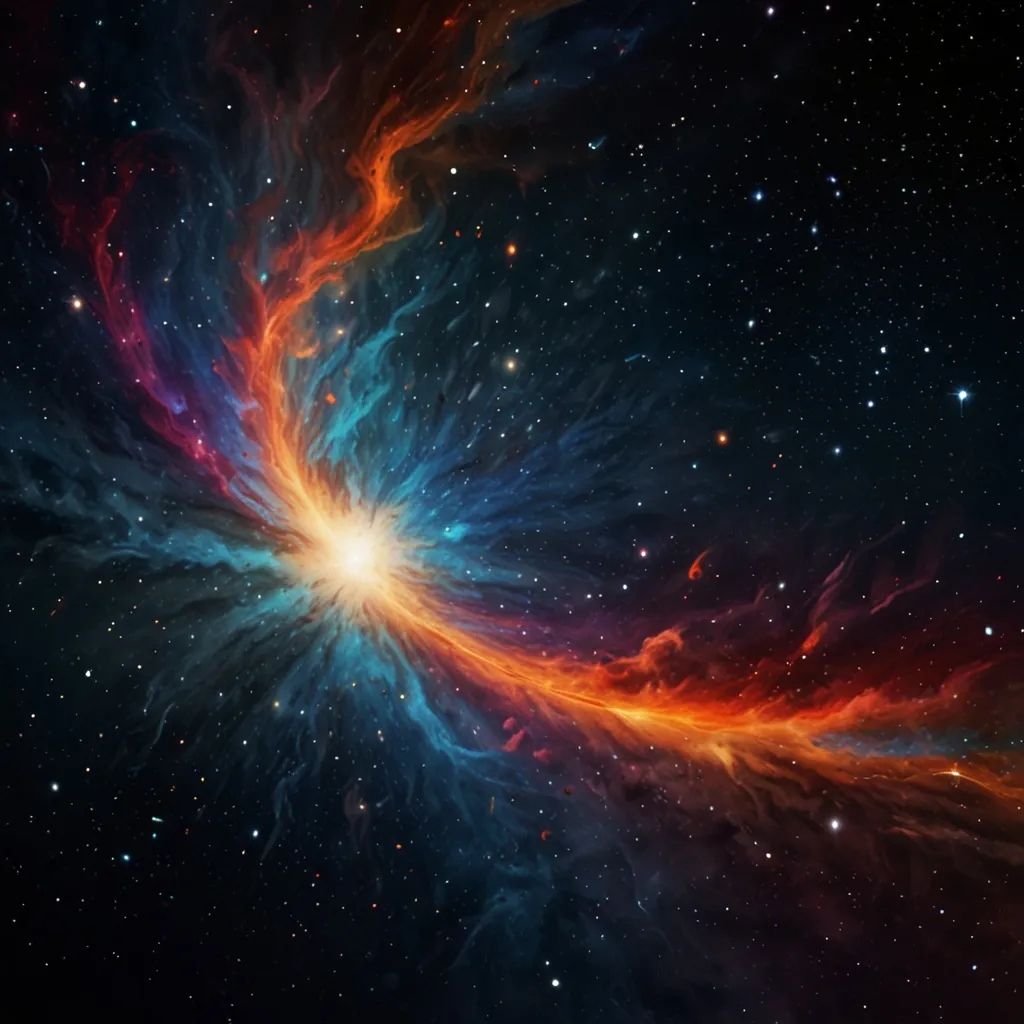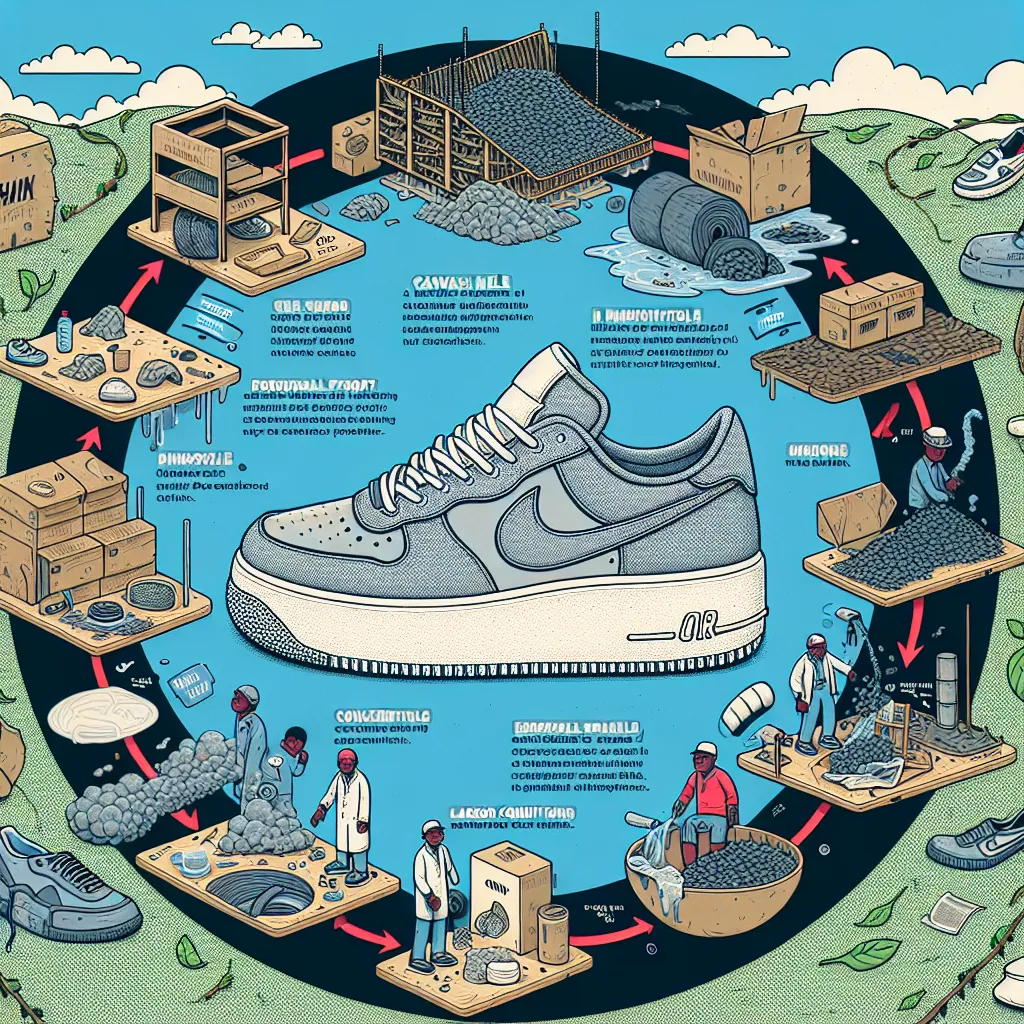During the time it takes for you to read this article, 500 people around the world will die – their thoughts, hopes, and dreams fading away. With approximately three people dying every two seconds, it’s a stark reminder of our fragile existence. If you happen to be one of them, rest assured that your energy won’t disappear. It will continue to exist, haunting humanity and the universe for the rest of time.
But what happens to your energy after you die? While the dead seem less lively, your body’s energy post-death is actually higher than when you were alive. Here’s why: The universe’s energy and matter simply change form—they can’t be destroyed. The energy you feel as heat from the sun or see as light photons works the same way. These photons hit your skin and convert to heat, mirroring what happens internally through various forms of energy conversion.
Your body stores energy mainly in fats, proteins, and carbohydrates, making up most of your body weight. While alive, you are continually converting this stored chemical energy into other forms like kinetic and electrical energy and subsequently into heat. Your mitochondria, the energy factories in your cells, convert glucose into ATP, which fuels your muscles and nerves. This ongoing energy conversion emits heat, evident if you look at a living body through a thermal camera.
Plants and animals follow similar energy conversion laws, turning sunlight into chemical energy and then back into heat. When you die, all these conversions cease. Your body stops using up its energy stores, akin to a parked car conserving more fuel than one driving full speed.
What about the metaphysical aspect? Upon death, all your body’s energy eventually becomes heat. This transformation aligns with the second law of thermodynamics, which dictates increasing entropy or disorder in the universe. Unfortunately, there’s no evidence that your consciousness converts into any form of spiritual energy. The electrical impulses driving your thoughts simply fade away, transforming into heat.
Experiments, like the one conducted in 1907 by Dr. Duncan MacDougall, claimed to measure a soul’s weight, suggesting patients lost 21 grams upon death. However, these studies lacked repeatability and reliability. The prevailing evidence shows that nothing mystical departs from your body at death.
In the end, your body’s energy gets consumed by bacteria and other organisms, turning into heat—a fate parallel to the universe’s slow heat death. While this might seem grim, take comfort knowing that every atom and every bit of energy within you will remain until the end of time.
